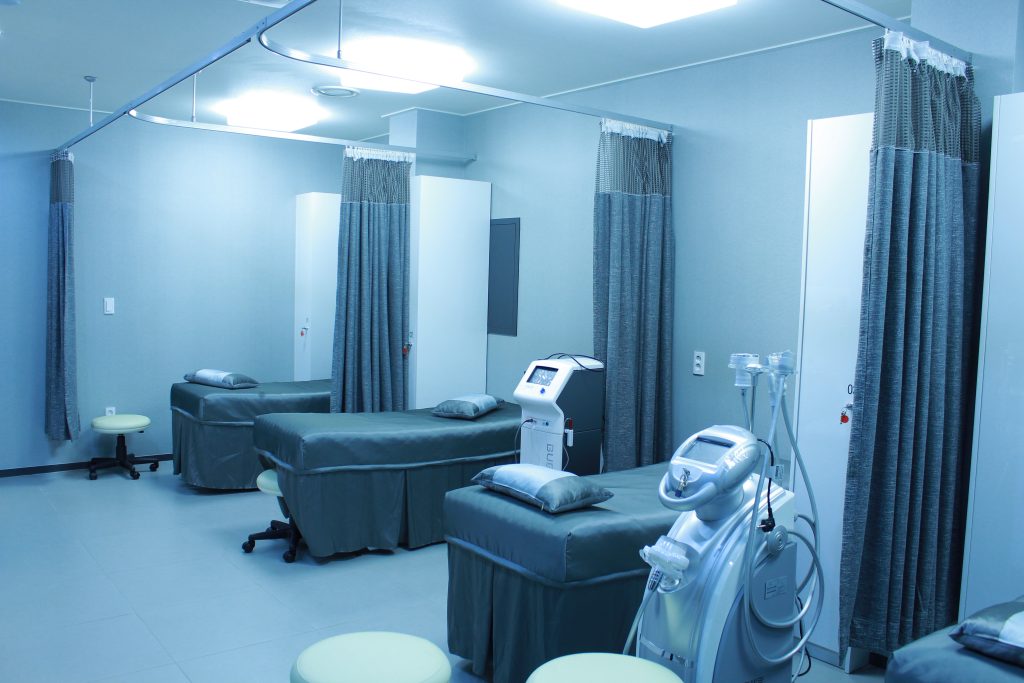 Sickness often begets a doctor’s visit, and sometimes severe illness calls for a trip to the emergency room. So when parents, David Pitts, Jr. and Kenyetta Gurley, arrived at Hood Memorial Hospital in Amite City, Louisiana, with their daughter, Lyric, it’s likely neither expected to leave there without their daughter’s health restored.
Sickness often begets a doctor’s visit, and sometimes severe illness calls for a trip to the emergency room. So when parents, David Pitts, Jr. and Kenyetta Gurley, arrived at Hood Memorial Hospital in Amite City, Louisiana, with their daughter, Lyric, it’s likely neither expected to leave there without their daughter’s health restored.
Upon arrival at the emergency room, Lyric’s mother described her daughter’s symptoms as breathing “funny” and faster than usual and disclosed that she had thrown up twice earlier in the day. The hospital recorded that “Lyric had not had any liquid intake since 4:00 PM, and no output (i.e., dirty diaper) since 2:00 PM.” Around 7:30 PM, after Dr. Rhoda Jones (“Dr. Jones”) examined Lyric, she noted Lyric’s “shortness of breath” and “wheezing” in her lungs. Dr. Jones’s initial diagnosis was “asthma, possible pneumonia, and RSV,” so she ordered a chest x-ray, CBC (complete blood count), CMP (comprehensive metabolic panel), and a test for RSV (respiratory syncytial virus). The results of the chest x-ray came back normal, and the RSV test came back negative. Nevertheless, one of the nurses tending to Lyric had asked Dr. Jones at least three times if Lyric could be taken to another facility. Still, Dr. Jones insisted that no one would admit Lyric with negative or normal lab results and no fever.
Lyric stayed at the hospital overnight. However, by 2:30 AM, Dr. Jones was called in to check on Lyric, and at approximately 3:00 PM, while she was holding Lyric, the 7-month-old baby had a seizure and stopped breathing. About an hour later, Lyric was declared dead, and the cause of death was listed as myocarditis (inflammation of the heart muscle).
 Louisiana Personal Injury Lawyer Blog
Louisiana Personal Injury Lawyer Blog


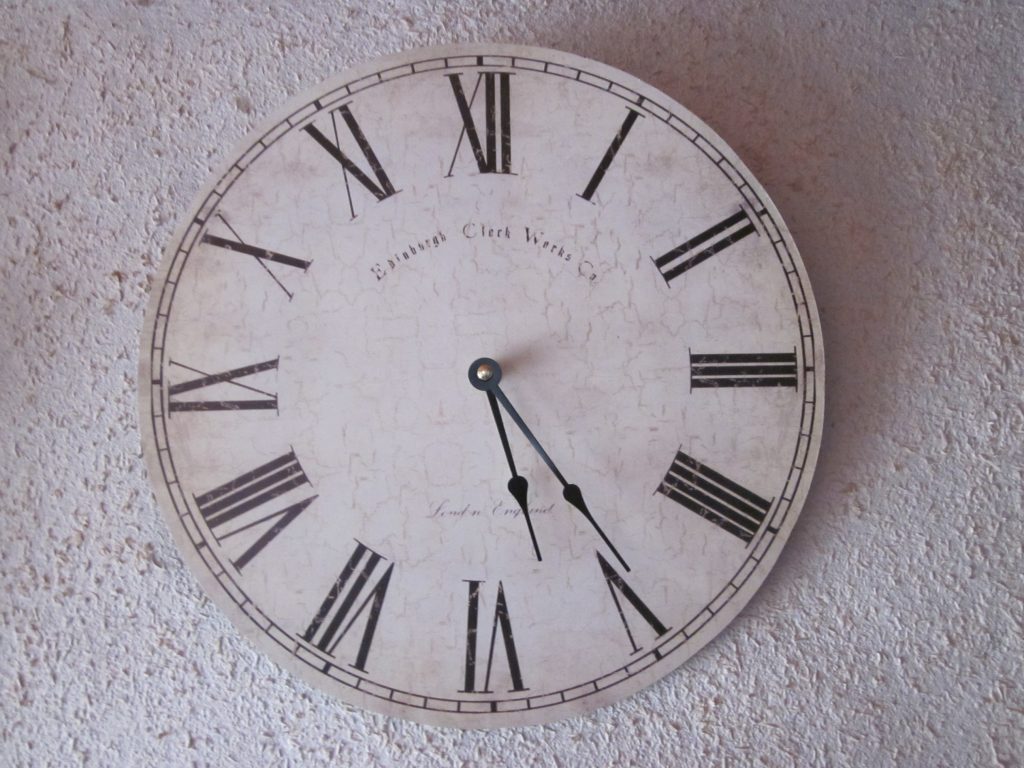 Timing is always important; however, in legal matters, it determines whether you can even bring a lawsuit to the courts. In most states, the time frame to bring lawsuits is called the statute of limitations, and in Louisiana, it is called prescription. Generally, you have one year to file a lawsuit. However, that time period can change depending on several factors. The intricacies of prescription recently resulted in dismissing a case out of the Florida Parishes.
Timing is always important; however, in legal matters, it determines whether you can even bring a lawsuit to the courts. In most states, the time frame to bring lawsuits is called the statute of limitations, and in Louisiana, it is called prescription. Generally, you have one year to file a lawsuit. However, that time period can change depending on several factors. The intricacies of prescription recently resulted in dismissing a case out of the Florida Parishes.  Imagine you were just in an accident, and you pulled over on the shoulder of the interstate highway. Traffic is roaring in your ears, the wind is whipping past your face, and you can feel the congested car flows as your tires buzz. Luckily, you are not injured. As you are waiting for the police to arrive, another collision happens right beside you two. Brakes are being slammed, and horns are being blown, but the chain reaction is just unstoppable. A third car darts into the road shoulder, toppling the vehicle behind you and slamming it in your direction. You are hit again.
Imagine you were just in an accident, and you pulled over on the shoulder of the interstate highway. Traffic is roaring in your ears, the wind is whipping past your face, and you can feel the congested car flows as your tires buzz. Luckily, you are not injured. As you are waiting for the police to arrive, another collision happens right beside you two. Brakes are being slammed, and horns are being blown, but the chain reaction is just unstoppable. A third car darts into the road shoulder, toppling the vehicle behind you and slamming it in your direction. You are hit again.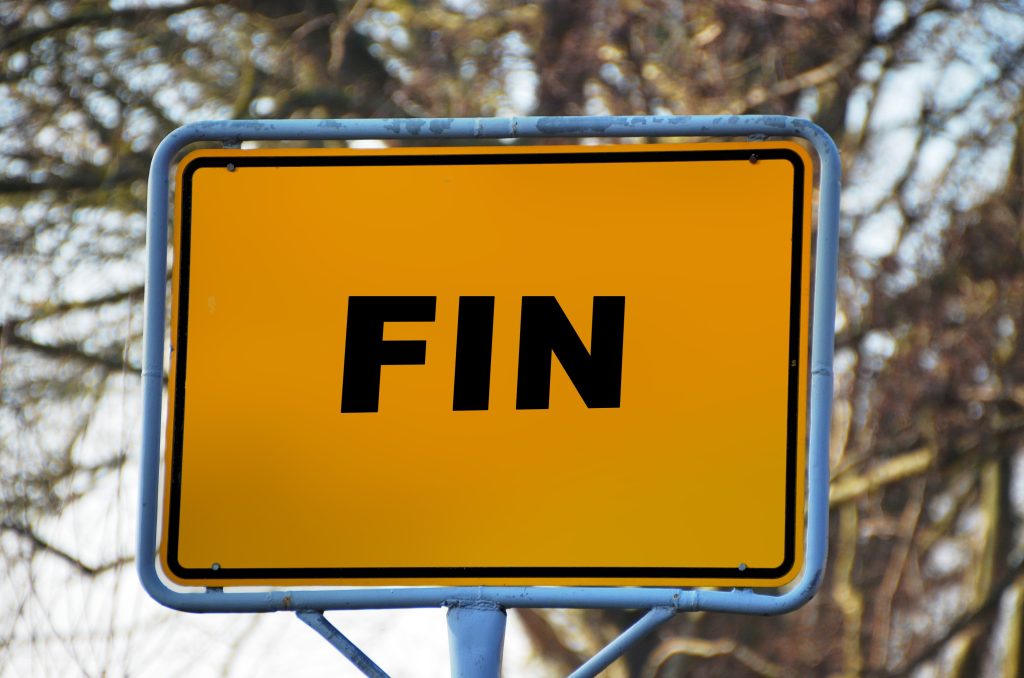 Decretal language, what on earth is it, and why is it so important? The Louisiana Third Circuit Court of Appeal recently dismissed an appeal because the trial court’s judgment lacked proper decretal language. So what are these “magic words”? Why are they indispensable for a final judgment to be given legal effect?
Decretal language, what on earth is it, and why is it so important? The Louisiana Third Circuit Court of Appeal recently dismissed an appeal because the trial court’s judgment lacked proper decretal language. So what are these “magic words”? Why are they indispensable for a final judgment to be given legal effect?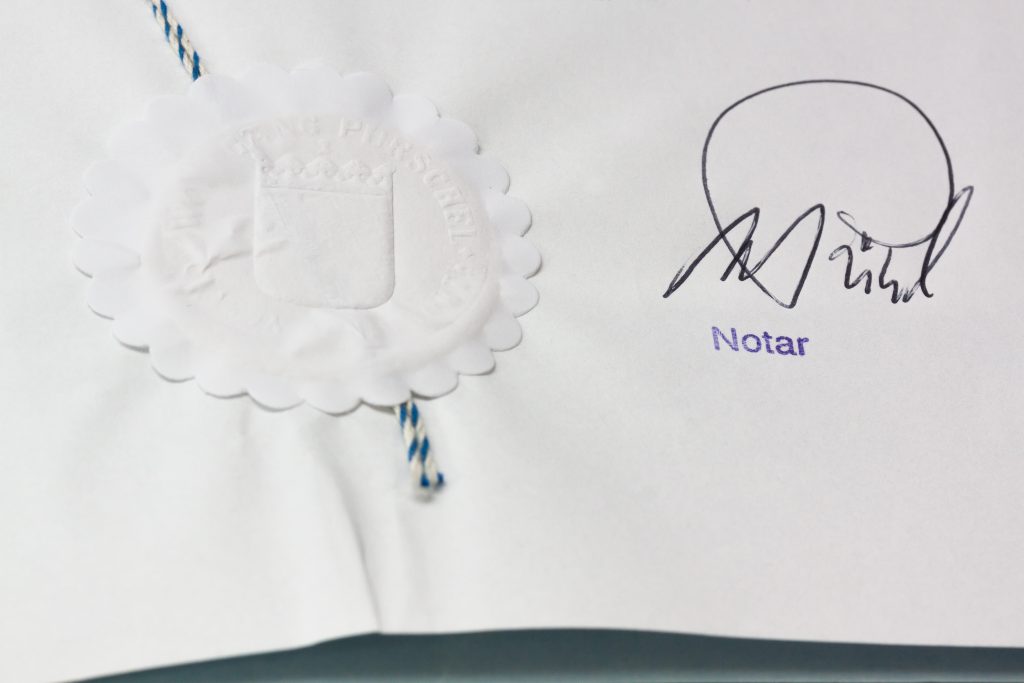 It is a sadly familiar scenario: a family suffers a loss and soon after devolves to fighting over the will. The family may never imagine turning against one another, yet it happens over and over. The Youngblood family from Caddo Parish recently found themselves in such a fight.
It is a sadly familiar scenario: a family suffers a loss and soon after devolves to fighting over the will. The family may never imagine turning against one another, yet it happens over and over. The Youngblood family from Caddo Parish recently found themselves in such a fight.  Imagine an injury on a ladder, lawnmower, boat, or other manufactured product. The product might appear defective; however, is defectiveness sufficient to win a lawsuit against the manufacturer? Under Louisiana law, to prevail in a lawsuit alleging medical injuries from a defective product, a plaintiff must provide adequate medical evidence to support that the injuries likely resulted from the defective product. This is referred to as “medical causation.” Without establishing medical causation, you may not be able to recover for your injuries.
Imagine an injury on a ladder, lawnmower, boat, or other manufactured product. The product might appear defective; however, is defectiveness sufficient to win a lawsuit against the manufacturer? Under Louisiana law, to prevail in a lawsuit alleging medical injuries from a defective product, a plaintiff must provide adequate medical evidence to support that the injuries likely resulted from the defective product. This is referred to as “medical causation.” Without establishing medical causation, you may not be able to recover for your injuries. 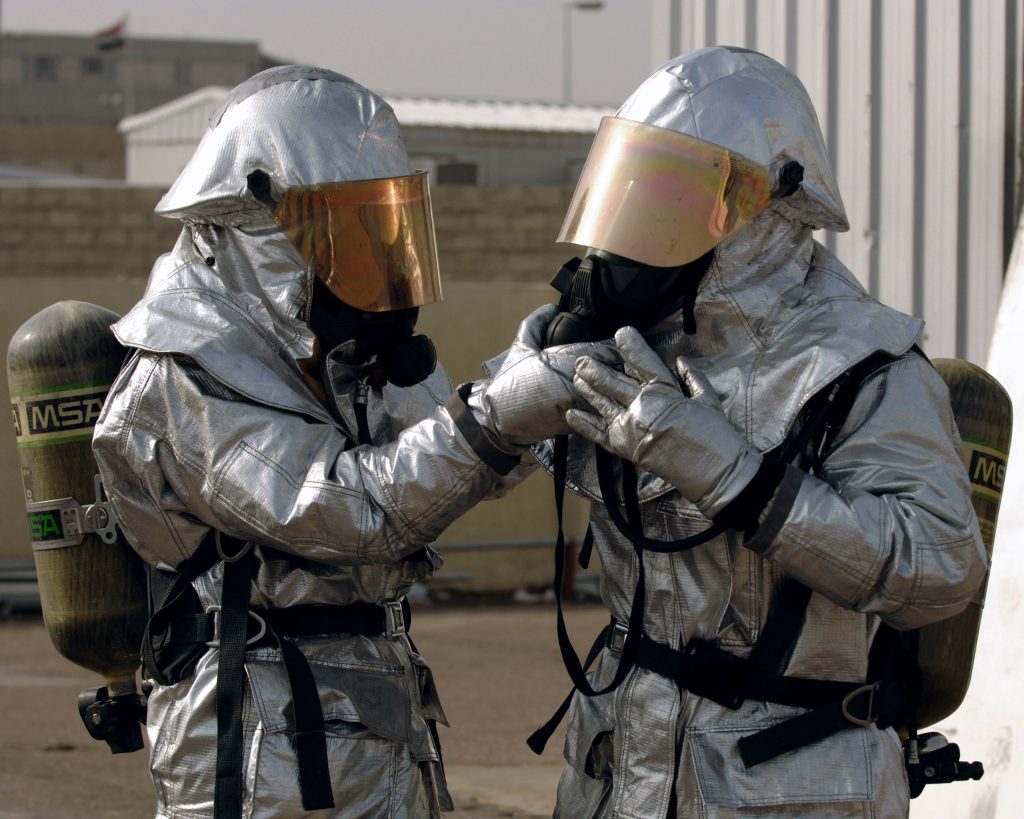 The difficulty of losing a loved one is compounded when death results from a faulty product. Further anguish occurs when a lawsuit against the defective product manufacturer is dismissed, barring recovery. It is essential to be aware that there are many deadlines and requirements to comply with to avoid the dismissal of a lawsuit. This is the situation in which the Lemieux family found themselves following their loved one’s death.
The difficulty of losing a loved one is compounded when death results from a faulty product. Further anguish occurs when a lawsuit against the defective product manufacturer is dismissed, barring recovery. It is essential to be aware that there are many deadlines and requirements to comply with to avoid the dismissal of a lawsuit. This is the situation in which the Lemieux family found themselves following their loved one’s death. 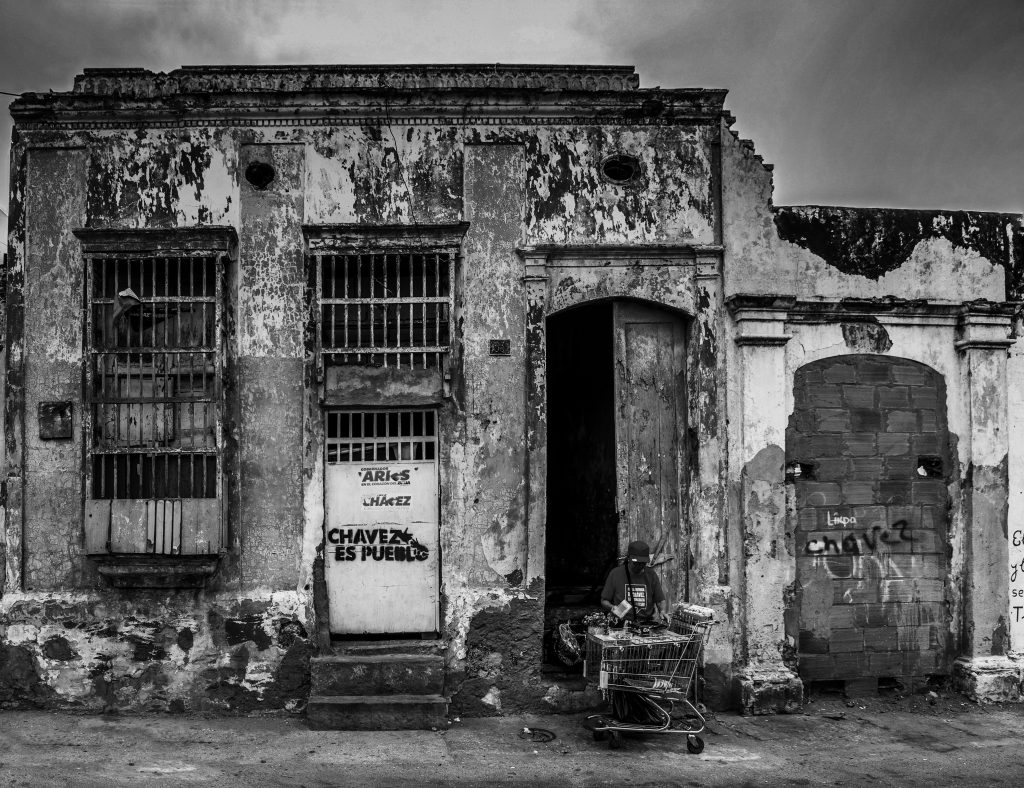 What would you do if you were heir to property and found out the City had issued a demolition order for that property? A recent case decided in New Orleans discusses that question. The City of New Orleans, Louisiana, brought administrative proceedings against property owners whose property was allegedly blighted. However, the situation became more complicated because the property owners were deceased.
What would you do if you were heir to property and found out the City had issued a demolition order for that property? A recent case decided in New Orleans discusses that question. The City of New Orleans, Louisiana, brought administrative proceedings against property owners whose property was allegedly blighted. However, the situation became more complicated because the property owners were deceased. 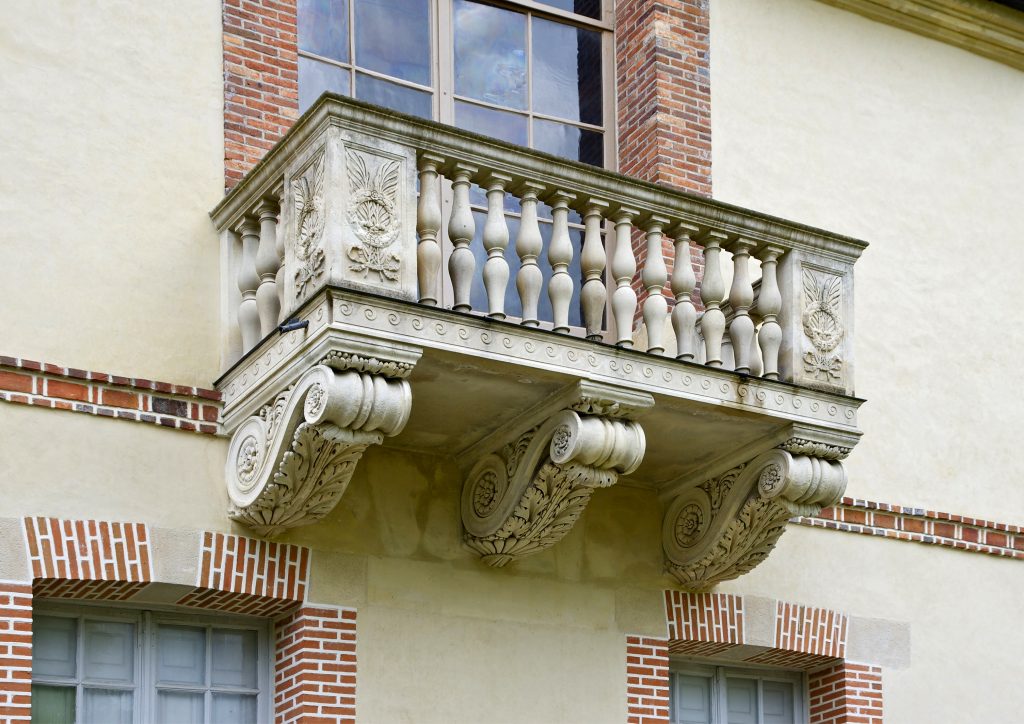 Knowing what is in an insurance agreement can determine whether or not you are covered for different injuries. If a buyer signed a policy, did not ensure that certain aspects were covered, and then never bothered to check or revise the policy, this person will likely be held accountable for knowing precisely what is in that policy.
Knowing what is in an insurance agreement can determine whether or not you are covered for different injuries. If a buyer signed a policy, did not ensure that certain aspects were covered, and then never bothered to check or revise the policy, this person will likely be held accountable for knowing precisely what is in that policy.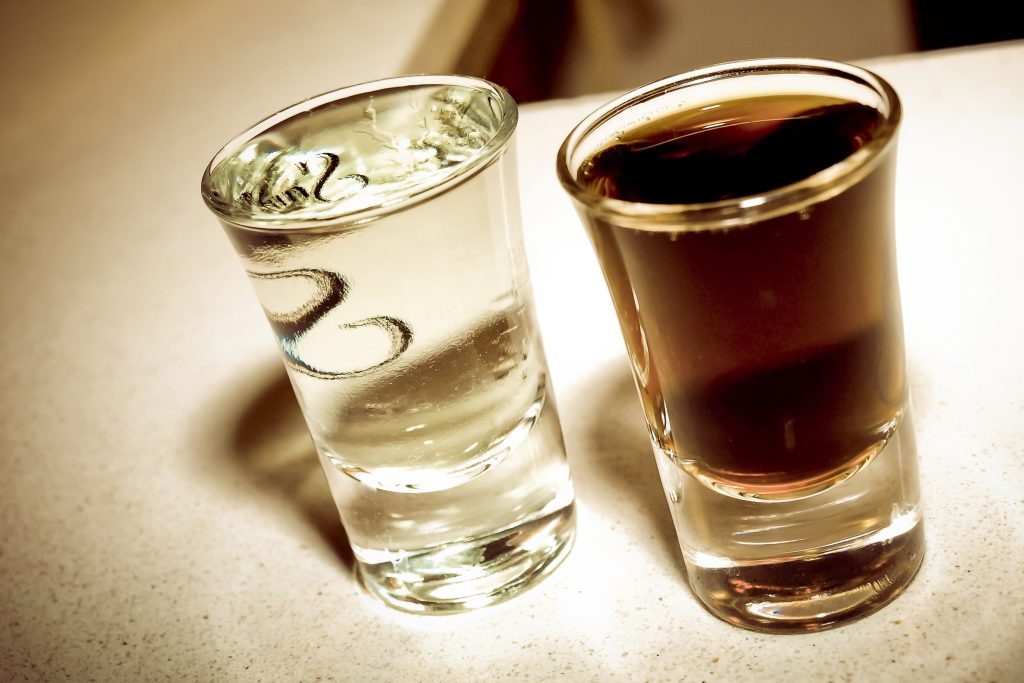 The history of American jurisprudence is filled with various attempts by state legislatures and courts to grapple with the issue of liability that should be imposed on those in the business of serving alcohol. On the one hand, it makes logical sense to hold bars responsible for profiting from serving drinks to patrons to the point of intoxication and sending them out the door to wreak havoc on the world. Indeed, many jurisdictions have enacted “dram shop” laws to create this kind of liability. On the other hand, individual responsibility is a strong and enduring concept, and many states place the responsibility for drunken behavior squarely on the party that imbibes.
The history of American jurisprudence is filled with various attempts by state legislatures and courts to grapple with the issue of liability that should be imposed on those in the business of serving alcohol. On the one hand, it makes logical sense to hold bars responsible for profiting from serving drinks to patrons to the point of intoxication and sending them out the door to wreak havoc on the world. Indeed, many jurisdictions have enacted “dram shop” laws to create this kind of liability. On the other hand, individual responsibility is a strong and enduring concept, and many states place the responsibility for drunken behavior squarely on the party that imbibes.